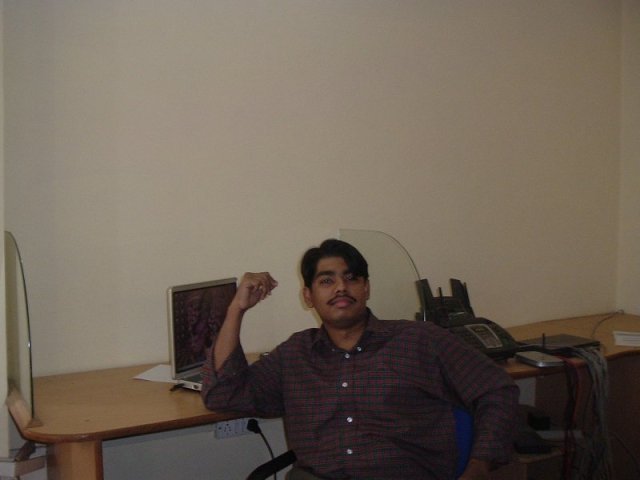IT COS MUST TRAIN WEAKER SECTIONS
The issue of reservation in the private sector has raised the ire of the knowledge economy, but Nasscom president Kiran Karnik on Wednesday said something genuine needed to be done for the disadvantage sections of the society.
Karnik said that the IT industry and the government have been holding an informal dialogue to see what best could be done for these people. “We feel that the government and the industry have a responsibility in doing this. The best way of doing this is to give right education and training.”
He said the IT industry has been doing its bit in the social sector by starting educational institutions or participating in tsunami relief work among others.
However, Karnik was critical of the impact of the reservation system on the country. “It is not just giving them scholarships and education as the large part of the disadvantage comes from the environment that they have grown up in. So they need a lot of training in developing soft skills.”
Karnik said that a lot of things have to be delivered through the government mechanism and there is a need for the government and industry to get together on this.
Original Post
